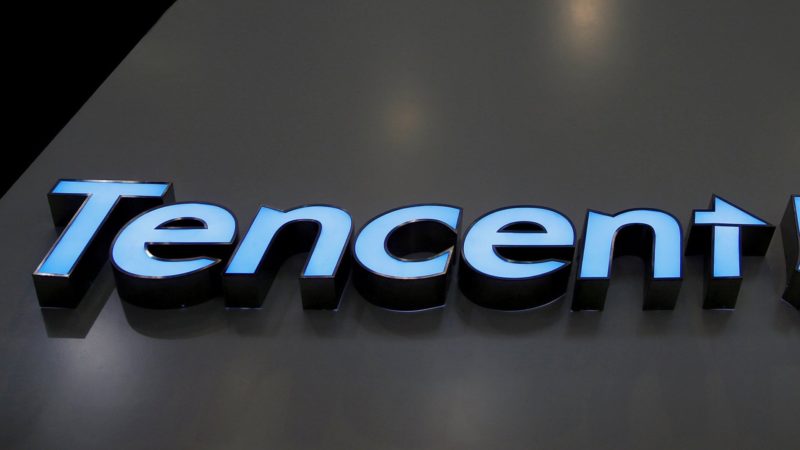E-cigarettes in China have been added to the country’s tobacco law, following the decision by China’s State Council, meaning these products will be regulated and supervised just like conventional tobacco products. The amendment also brings the long-awaited clarity for vape manufacturers on the legal status of their products, with implications for consumers and businesses alike.
The change, which took effect on 26 November, came eight months after the draft regulations introduced in March this year, which had tumbled the domestic vaping industry as reported by Forbes. China’s tobacco industry is under the entire control of China Tobacco, a government monopoly responsible for tobacco regulation and a state-owned manufacturer of tobacco products, which is operated by China’s Ministry of Industry and Information Technology (MIIT).
For a long time, e-cigarettes have been in a regulatory grey area. Despite the country having outlawed the sale of electronic tobacco to minors in 2018 and banned online sales of these products in 2019, the industry has seen rapid growth at home in recent years, with the market scale expected to surpass 10 billion RMB ($1.57 billion) by 2021, as according to iiMedia Research, showing the strong consumption power of the Chinese market in these products.
The range of flavours such electronic tobacco provides together with the image of “fashionable and harmless” narrated by merchants have made e-cigarettes particularly popular among young Chinese.
What raises more concern is the increasing consumption of such products among China’s minors, which might have also been a contributor to the final decision. Beyond this, there are the long-term questions around the safety of such products, with e-cigarettes being a new phenomenon and little to no knowledge of the potential side effects over years of use.
It is believed the implementation of these changes would bring another wave to the e-cigarette and vaping industry. Several companies in the relevant fields saw a drop in shares as the new rules came into force, including the market leader RLX Technology Inc. However, these e-cigarette brands have also said that they would heed the rules and make changes as required, with government cooperation vital for any business to succeed within China.
Yet, it remains to be seen any further impacts these changes would bring on the industry, as the wording of the new rules sees little difference to the draft version and details have not been revealed. It can be expected, however, the move would put brakes on this fast-growing market, and potentially further tighten restrictions on access to these products from China’s underage consumers.
Read more:









